Moss House Edible Garden
Moss House Edible Garden
Real sustainability means growing your own food. It saves millions of litres of water used to grow crops and reduces the use of fossil fuels, which otherwise power the farming machinery, transport and cold storage of food.
Located on a steep hill, the Moss House garden is an example of a 13-years-old vibrant, sustainable permaculture property, designed with the primary goal to provide the owners with food, medicinal and fibre plants.
Annual vegetables are grown in 11 raised beds (eight of them are self-watering wicking beds) and the produce is either eaten fresh or preserved in various ways for storage. In the food forest section nearly 30 fruit trees and many perennial vegetables are mixed with flowering plants, attracting beneficial insects and creating a rich and colourful ecosystem, which includes also two beehives of native stingless bees and a flock of five egg-laying hens.
Rainwater is harvested from the roof of the house and two other structures in the garden (total storage 15,000L) with main tanks feeding garden taps, laundry and the second toilet. Surface water runoff is captured using swales, mulch and a composting pit.
Nothing ever leaves the garden; all non-edible materials collected from it are composted (in bays, bins and worm farms), mulched or used to build plant supports.
You will have an opportunity to see elements of permaculture garden design in action and learn how a well-designed garden produces food and saves water.
The 1938 double-brick house is partially retrofitted. Electricity is provided by the grid and by 1.5 kW solar panels. Eaves, window awnings and shutters protect interiors from the sun in summer. In winter, the house is heated by two slow combustion wood heaters (firewood is foraged locally).
For more information about the garden, go to the Moss House website or check the ABC TV Gardening Australia episode from 21 May 2016, “A Productive Paradise”.
Moss House have classes and speakers throughout the year.

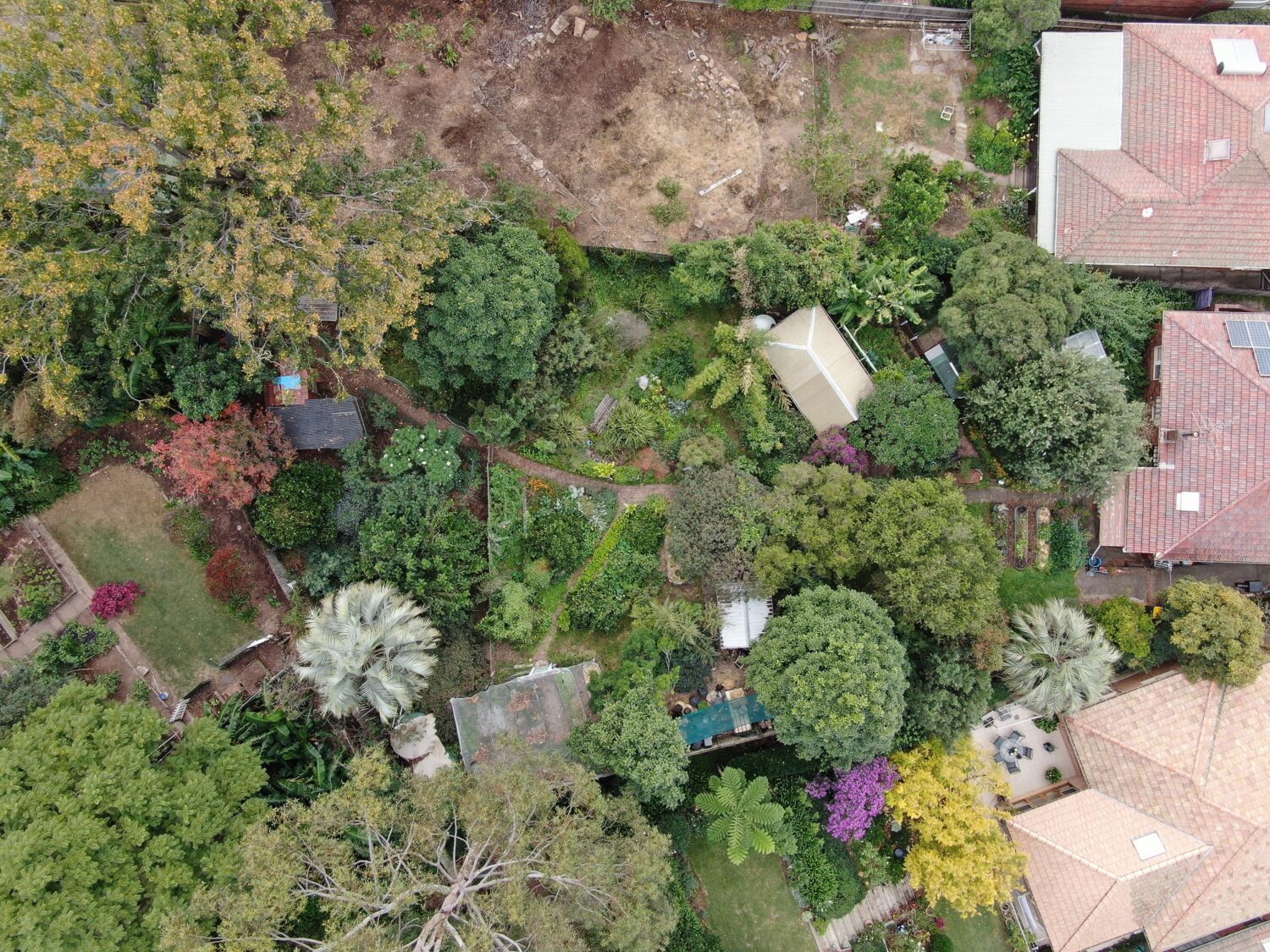
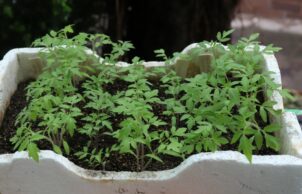
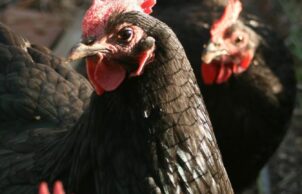
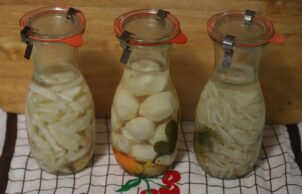
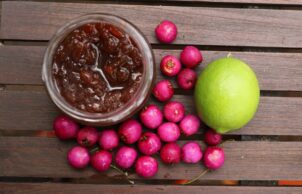
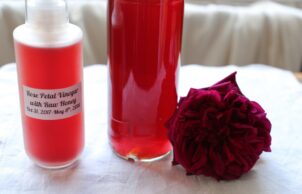
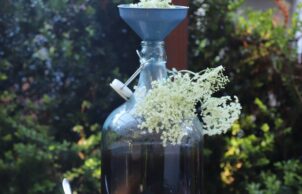
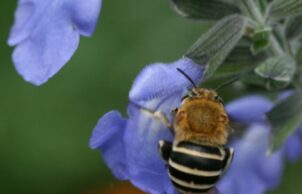
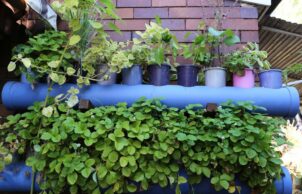
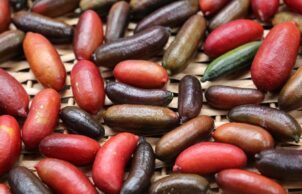
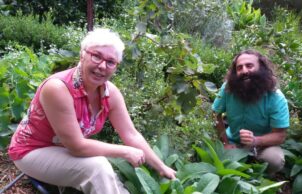
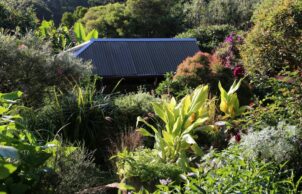
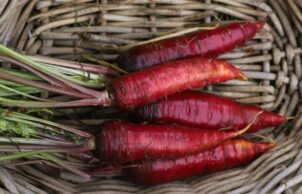
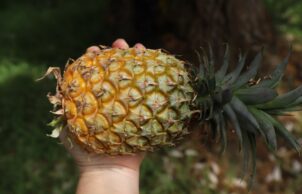
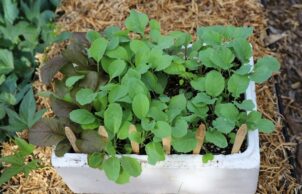
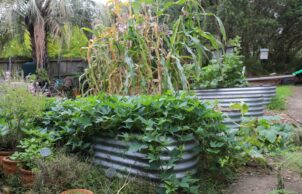
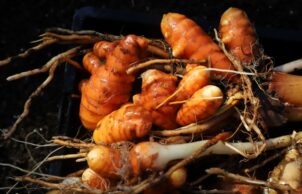
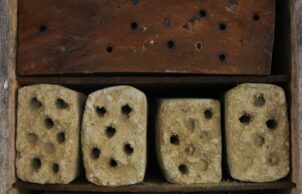
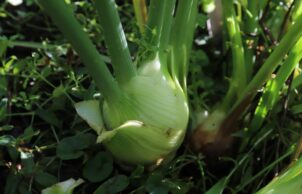
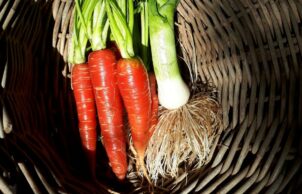
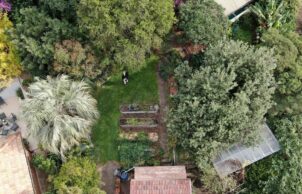
Ask questions about this house
Load More Comments